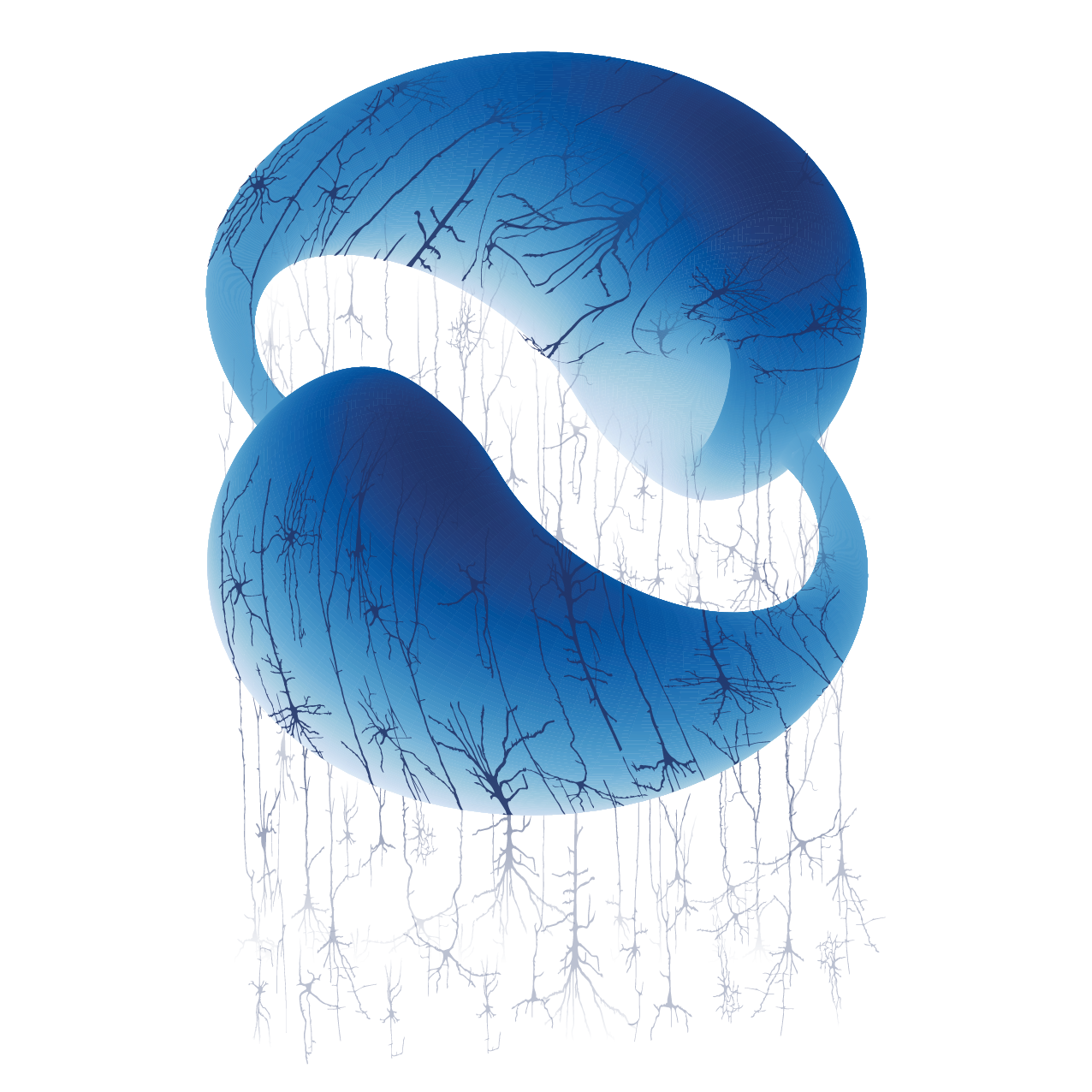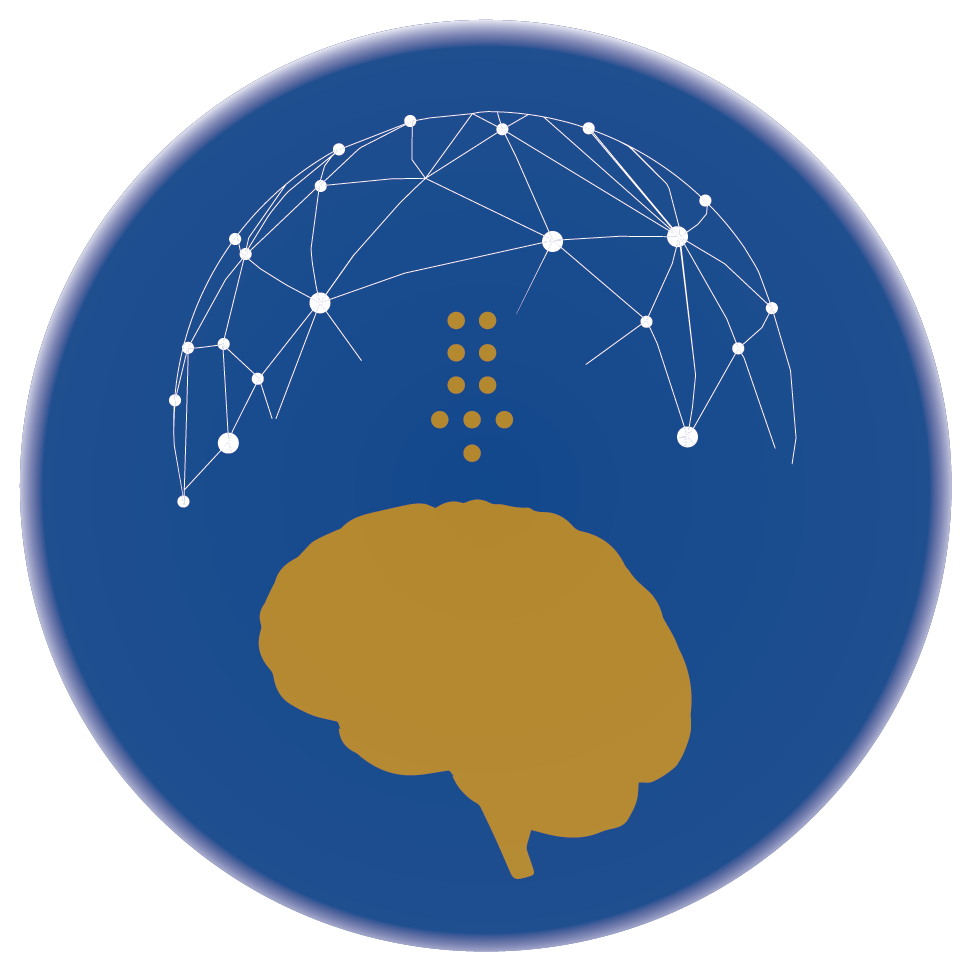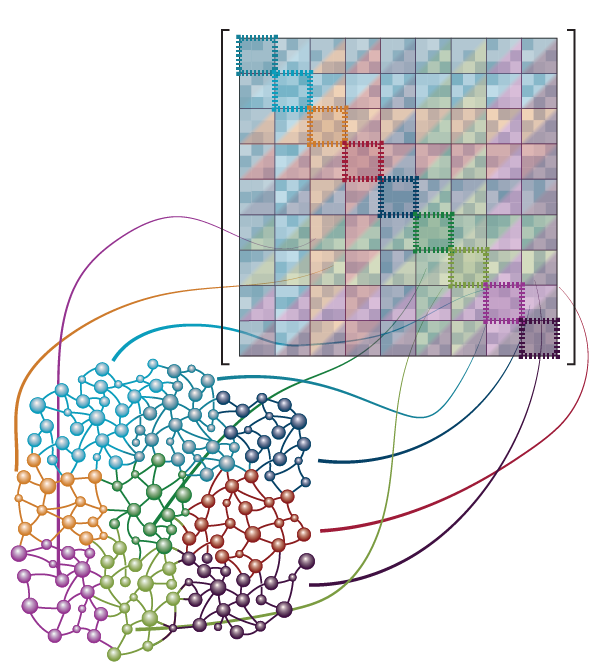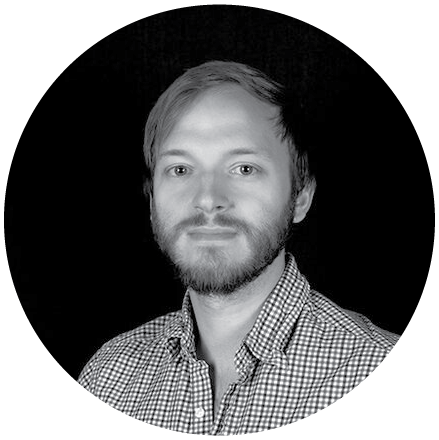 Matthew G. Perich PI
Matthew G. Perich PI
I am an Assistant Professor in the Department of
Neuroscience at the Université de Montréal and an
Associate Member of Mila (Quebec Artificial
Intelligence Institute). I work broadly in the field of neuroscience, from
how evolution and neurodevelopment shape brain computations, to mechanisms of brain circuits
that give rise to affective and motor behaviors, to
neural engineering and brain computer interfaces. A key aspect of my research is pushing the
field of NeuroAI from a strong rooting in neuroscience principles. When I'm not science-ing, I
enjoy making music, photography, and cooking my way across the globe.
Previously: Icahn School of Medicine at Mount Sinai / University of Geneva
/ Northwestern University / EPFL / University of Pittsburgh
email
|
scholar
|
code
|
bsky
 Olivier Codol Postdoc
Olivier Codol Postdoc
(co-supervisor: Guillaume Lajoie)
I am a post-doctoral researcher in computational
neuroscience interested in unraveling the
algorithmic basis of learning in neural control of
movements. Particularly, I focus on fundamental
motion such as reaching movements and tabula rasa
learning that occurs in infancy, as opposed to
sequential and compositional skills that require
re-arrangement of pre-acquired movements. I
currently work on disentangling which learning rules
best match neural dynamics of learning, and what are
the most efficient and stable ways to improve
performance in complex control problems, including
non-linear and over-determined (redundant) control.
To that end, I leverage biomechanical modeling, deep
recurrent neural networks, and reinforcement
learning一particularly policy gradient methods,
which are best suited for continuous control
problems.
scholar
|
code
|
bsky
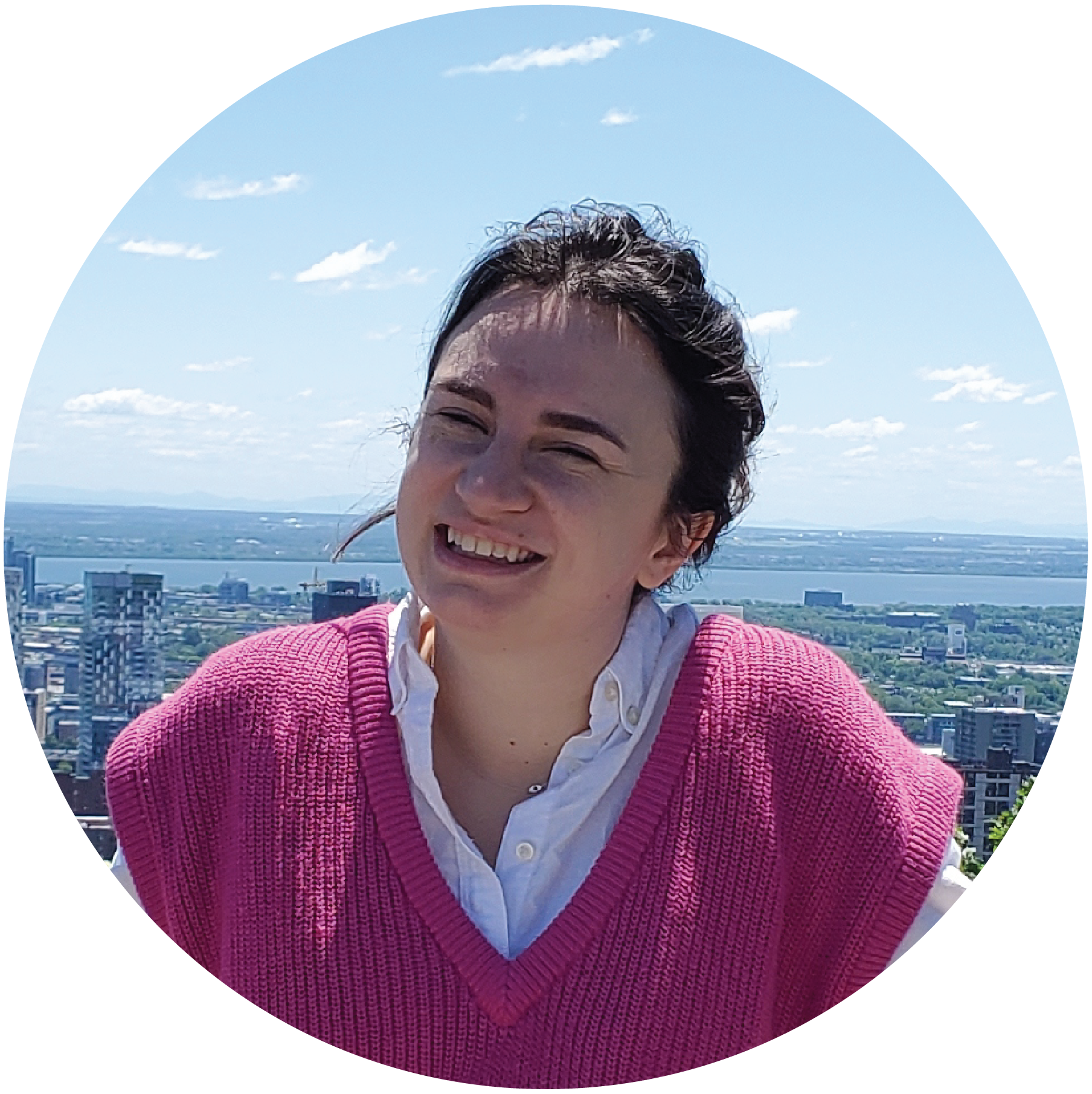 Page Hayley Postdoc
Page Hayley Postdoc
(co-supervisor: Numa Dancause)
I am a post-doctoral fellow in neurosciences at the Université de Montréal and associated with
Mila as of Fall 2024. Here, I am studying the neurophysiologic basis of movement production in
preclinical models for the ultimate goal of developing rehabilitative strategies after acquired
injury. I am specifically interested in the coordination of neural activity across different
cortical areas with an emphasis on interhemispheric dynamics and how they are integrated
downstream at the level of the spinal cord resulting in muscle activation. Towards this end, I
aim to probe these circuits using both electrical and optogenetic stimulation and relate it to
the motor network during naturalistic behavior.
email
|
scholar
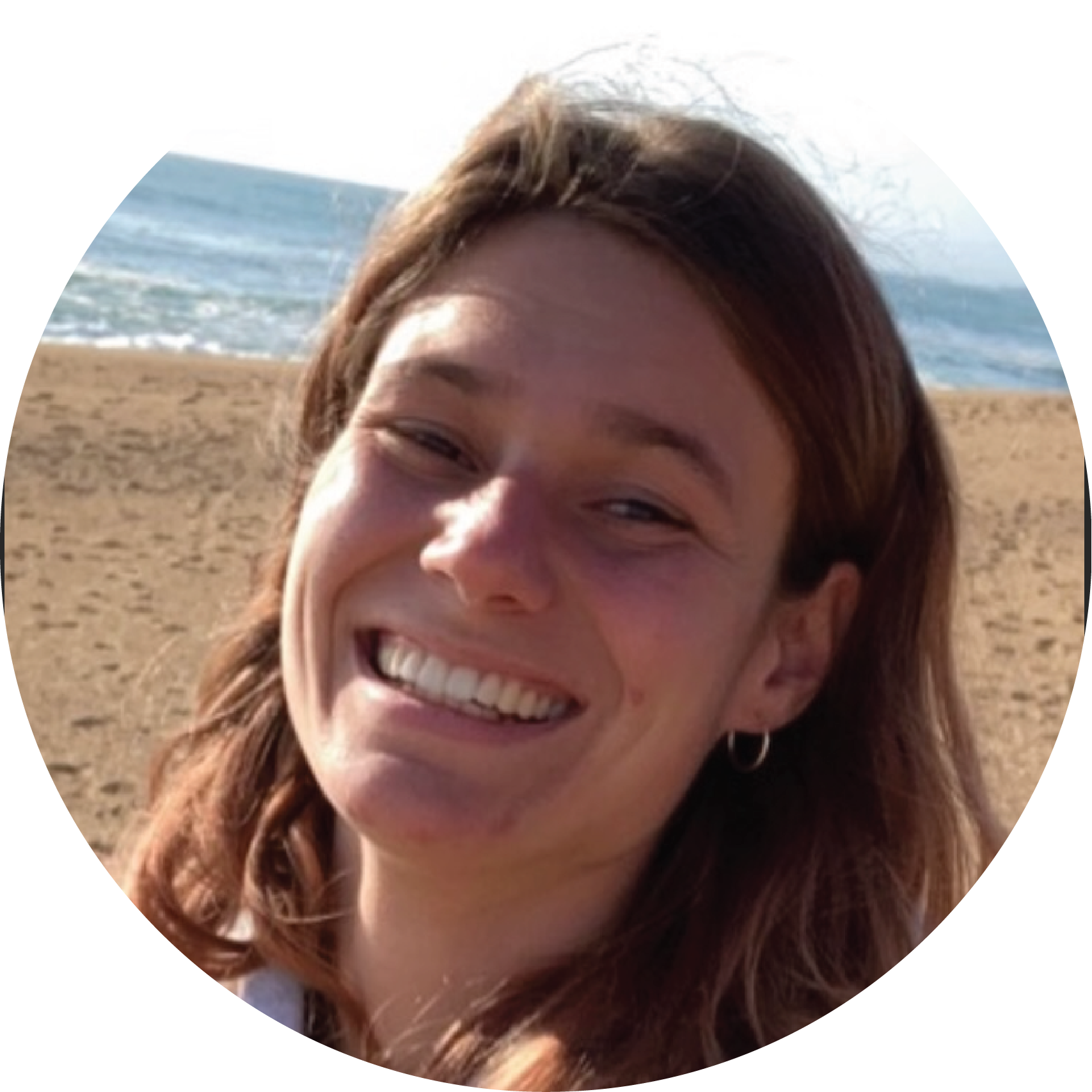 Margaux Asclipe PhD Student
Margaux Asclipe PhD Student
I joined the sinthlab lab as a Ph.D. candidate in
January 2025. Having a mixed background in biology
and mathematics, I am interested in using different
approaches to study the complexity of cognitive
functions. More precisely, I aim to understand the
computations underlying the integration of
sensory-motor feedback from both computational and
physiological approaches.
scholar
|
code
 Reza Asri PhD Student
Reza Asri PhD Student
I'm a Ph.D. candidate navigating the wondrous realms
of Neuroscience at Université de Montréal and Mila.
In this exciting journey, I'm exploring the
fascinating blend of artificial intelligence and
neuroscience. My mission involves using powerful AI
tools to unravel the secrets hidden within neurons
and physiological data. I'm particularly captivated
by AI models that mimic brain circuits involved in
sensory-motor loops to decode the brain's mysterious
language, uncovering how it processes information
and choreographs our movements. We unearth the
fundamental neural mechanisms behind sensation and
motor control.
scholar
|
code
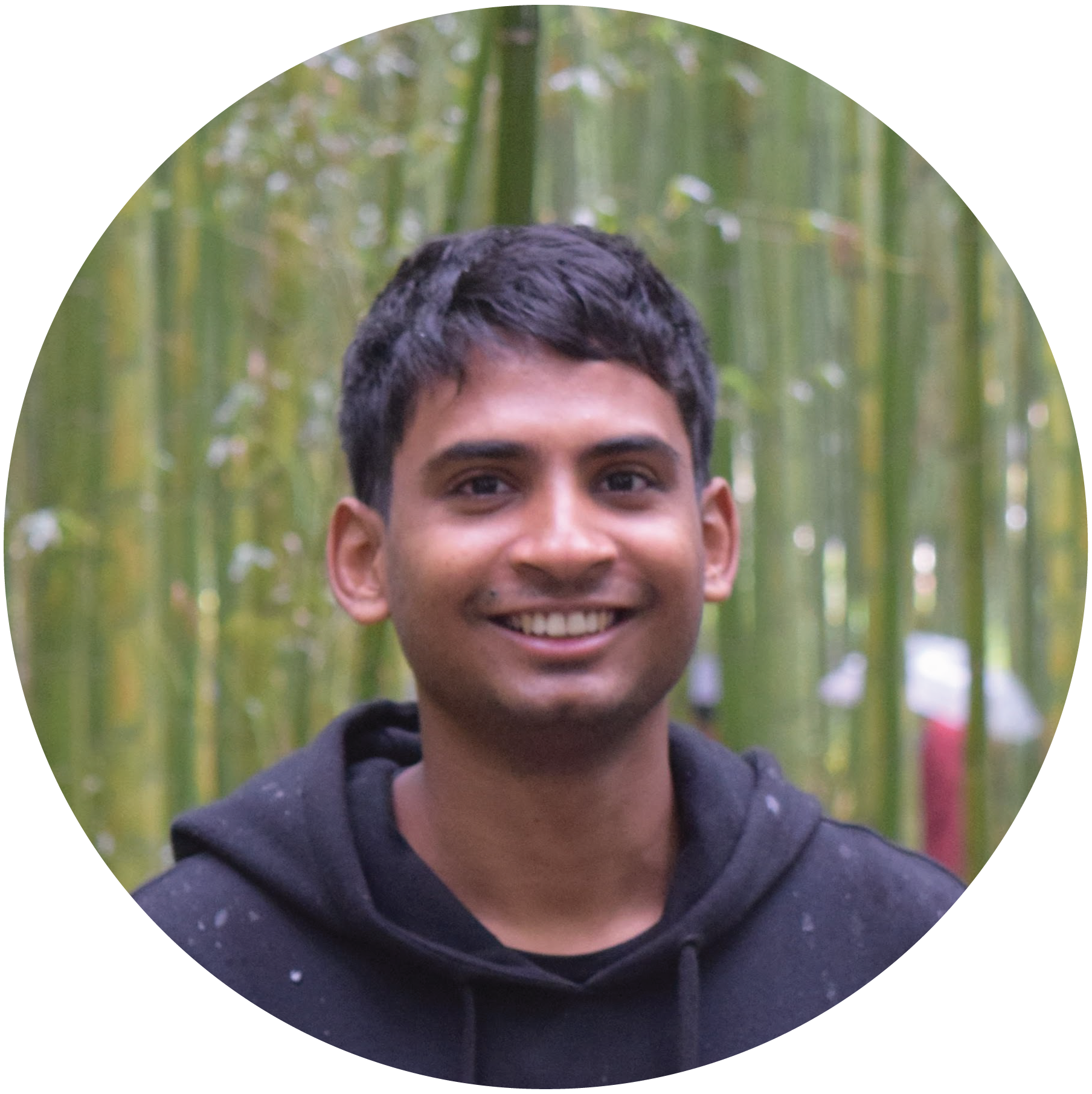 Anirudh Jamkhandi PhD Student
Anirudh Jamkhandi PhD Student
I am a PhD student at Mila and Université de
Montréal, where my research intersects artificial
intelligence and neuroscience, focusing on the
brain’s exceptional abilities in motor control, data
and energy efficiency, learning dynamics, and
adaptation. I am fascinated by how the brain
integrates information from various regions to
produce complex behaviors and adapt to novel
environments. Inspired by these biological
processes, I incorporate inductive biases into deep
learning models, leveraging insights from the
brain’s adaptation and learning mechanisms. By
embedding these biologically inspired principles, I
aim to enhance the efficiency, scalability, and
adaptability of AI systems. My goal is to draw
parallels between neural mechanisms and AI
architectures, advancing our understanding of the
brain while developing more robust and versatile AI
models.
email
|
scholar
|
code
|
bsky
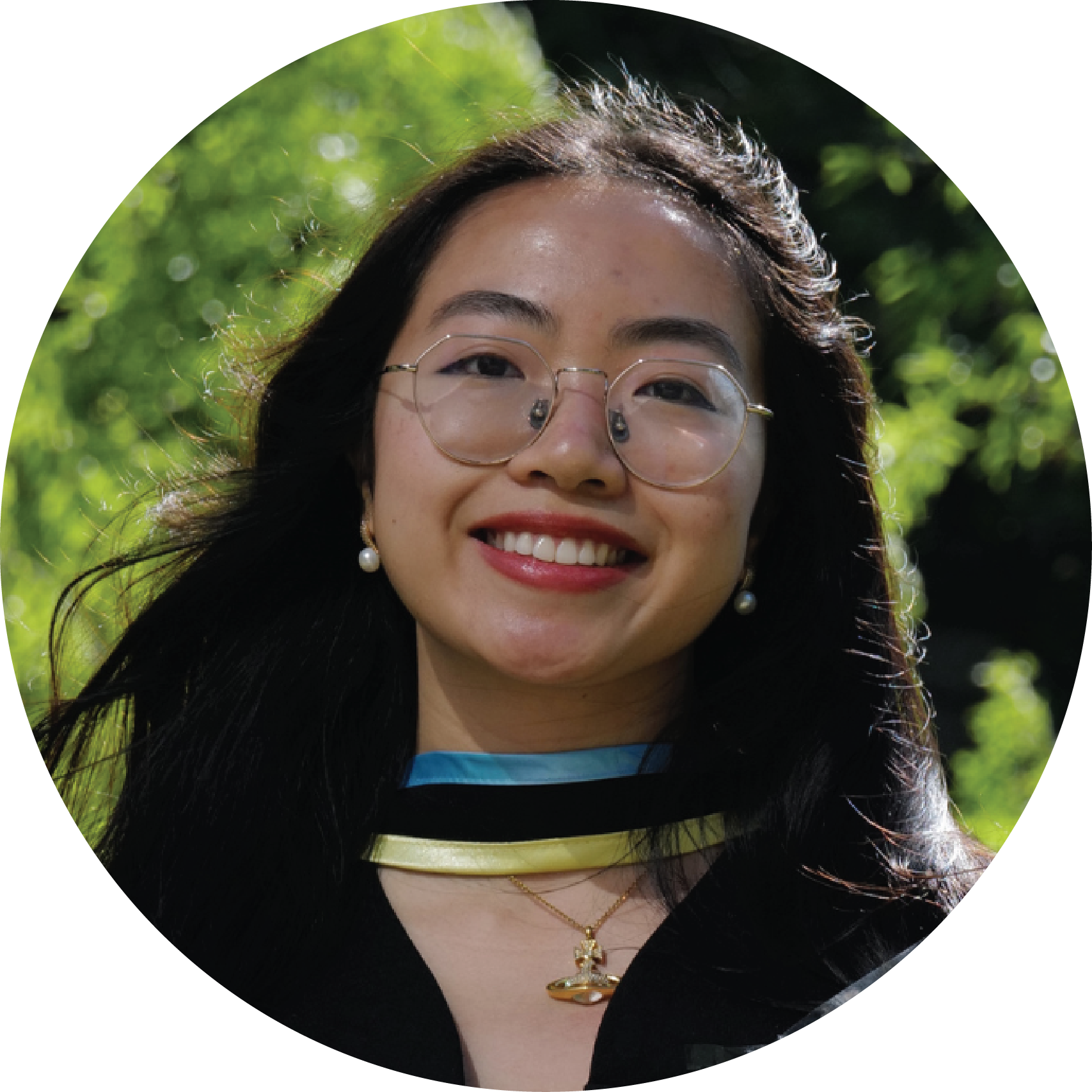 Le Thuy Duong Nguyen PhD Student
Le Thuy Duong Nguyen PhD Student
(co-supervisor: Blake Richards)
I’m an incoming graduate student working at the intersection of neuroscience and AI. My
research focuses on developing scalable foundation models for neuroscience that can
integrate across recording modalities, species, and behavioural tasks to support
translational applications in movement restoration. Previously, I contributed to open-source
neuroimaging tools in Prof. Sylvain Baillet’s lab to remove barriers to broader
participation in the field, and designed a novel reinforcement learning environment inspired
by traditional Indigenous cultural value systems under Prof. Blake Richards’ guidance. With
an interdisciplinary background in cognitive science, I’m passionate about open science,
community-building, and developing human-centered technologies that drive positive clinical
and societal outcomes.
website
|
bsky
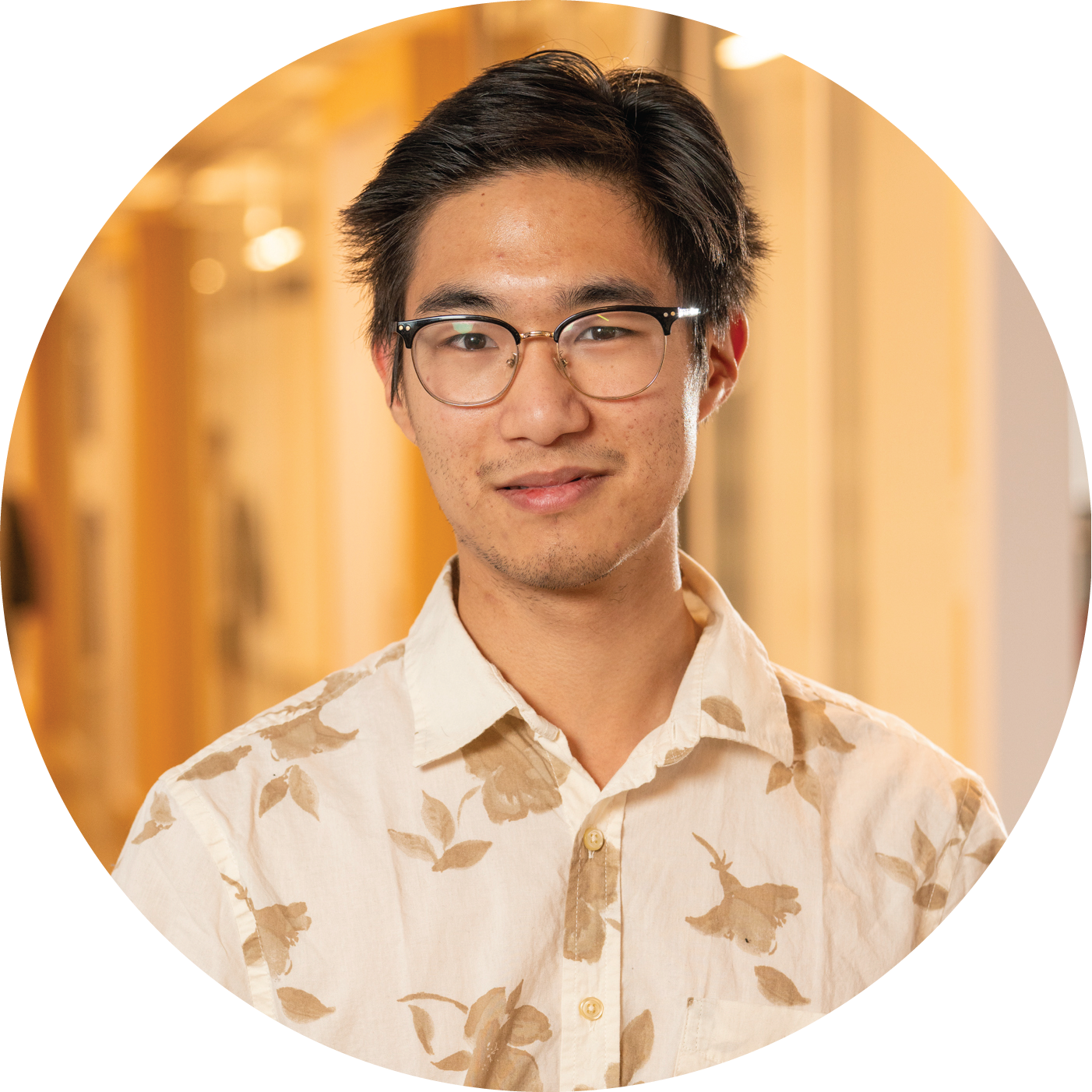 Avery Ryoo PhD Student
Avery Ryoo PhD Student
(co-supervisor: Guillaume Lajoie)
I am a graduate student interested in bridging the
gap between natural and artificial intelligence.
Primarily, I am driven by the fact that certain
abilities, notably efficient multimodal perception
and compositional reasoning, are natural for humans
but fickle for our most powerful AI systems. I wish
to investigate the conditions under which these
capabilities emerge for neural networks, and then
use these insights to design more robust,
interpretable, and sample-efficient generative
frameworks — a crucial step in mitigating the
widening resource disparity in an era of
increasingly large models. My other interests
include deep generative models, neural decoding, and
the Toronto Raptors.
website
|
scholar
|
code
|
bsky
 Marlene Boutet Technician
Marlene Boutet Technician
I keep the machine running...
